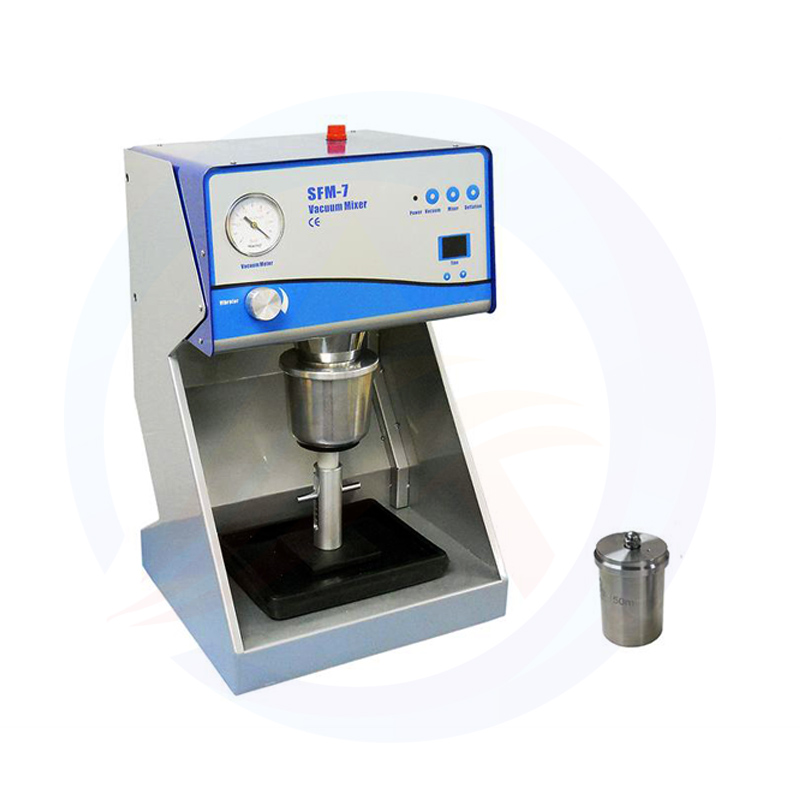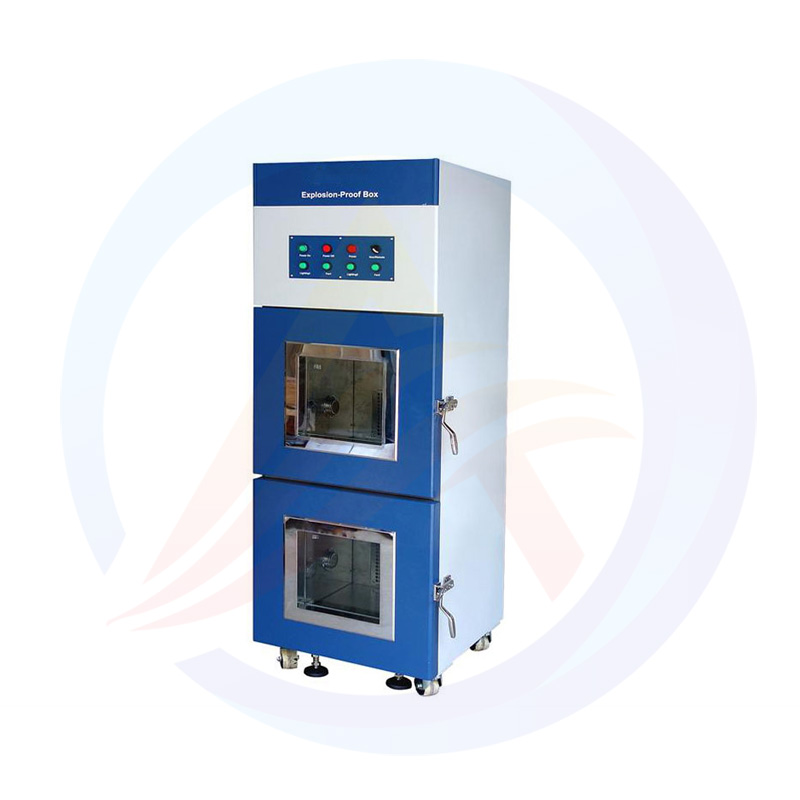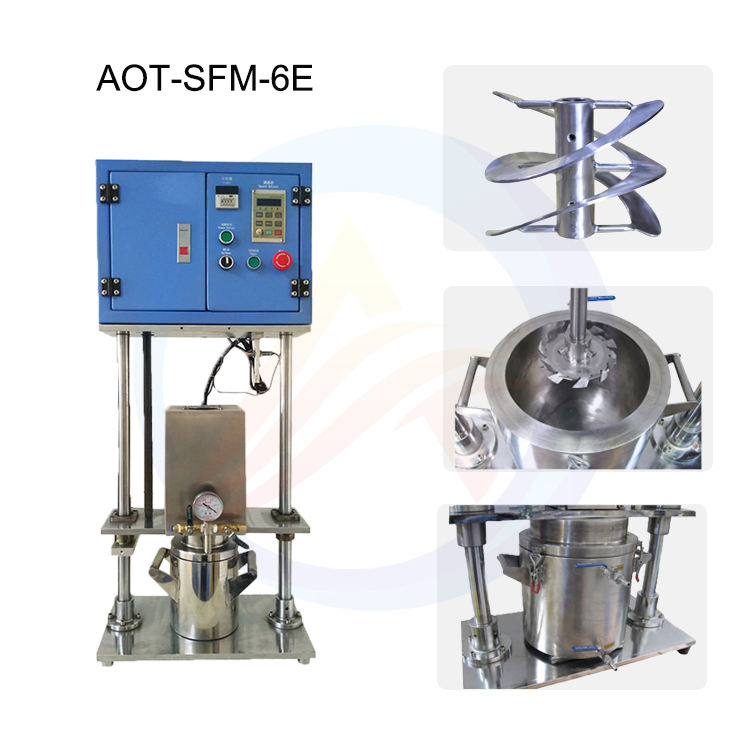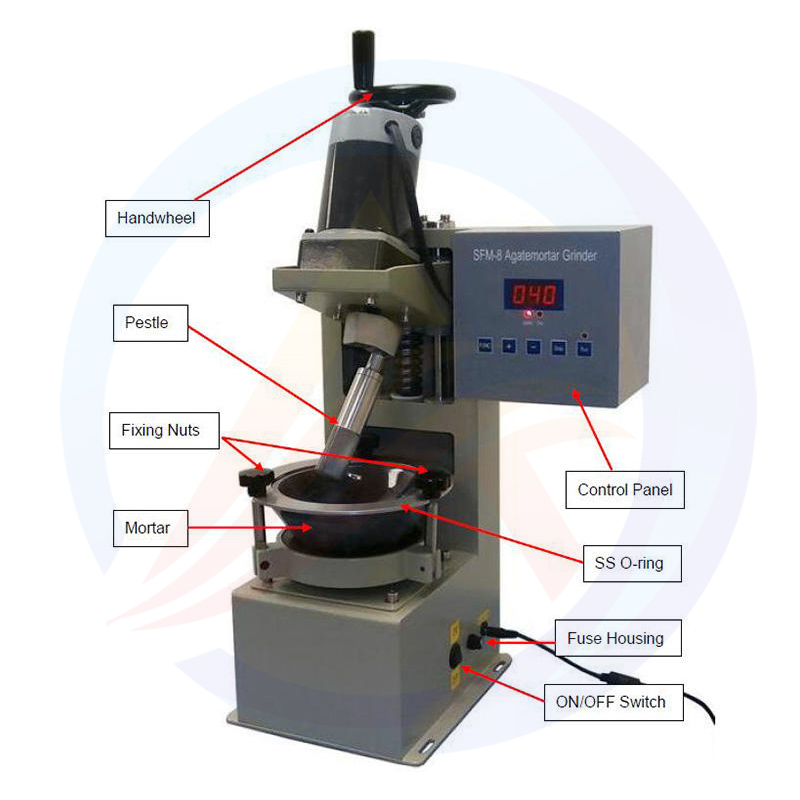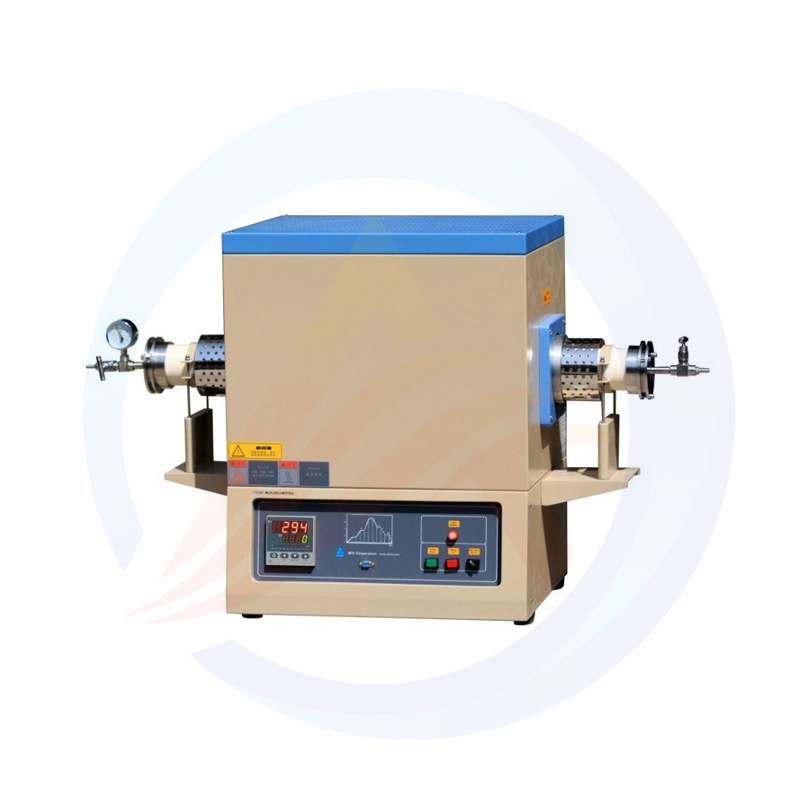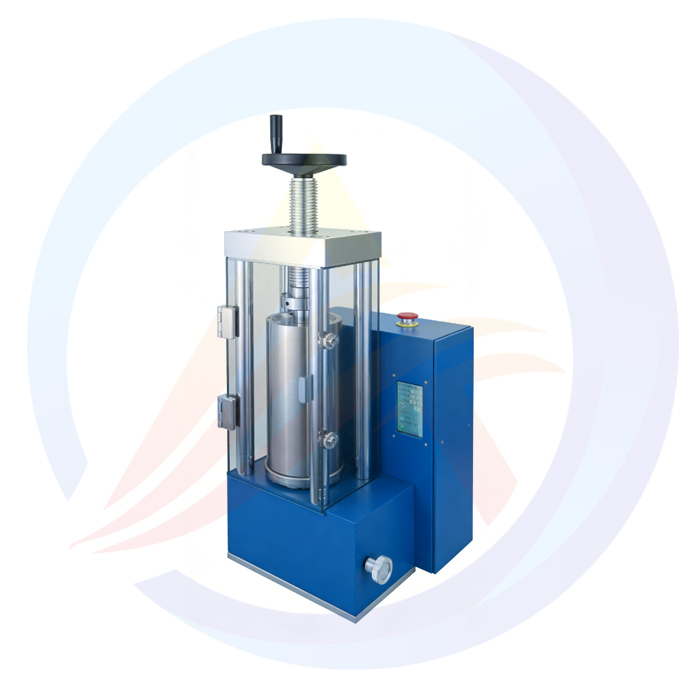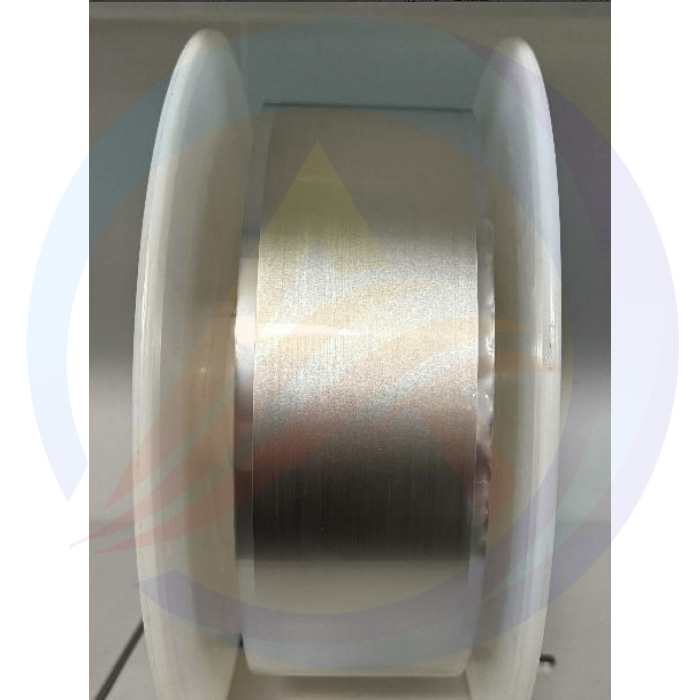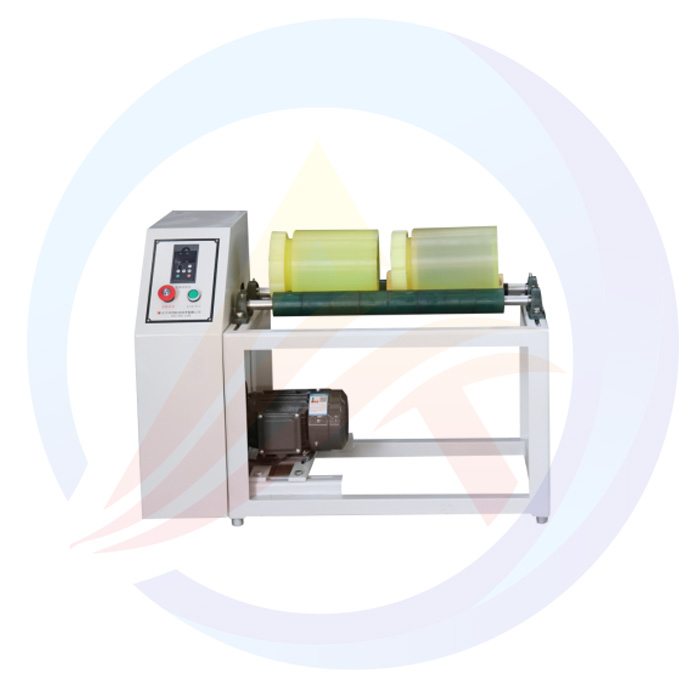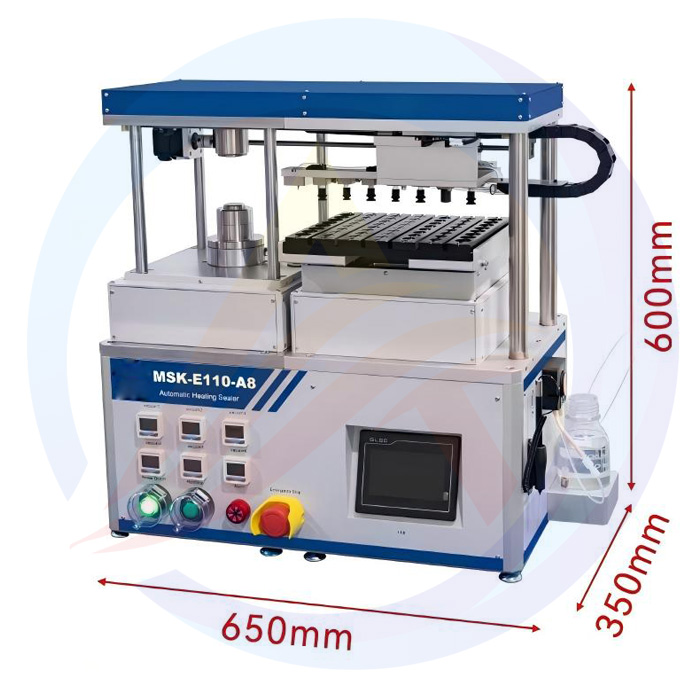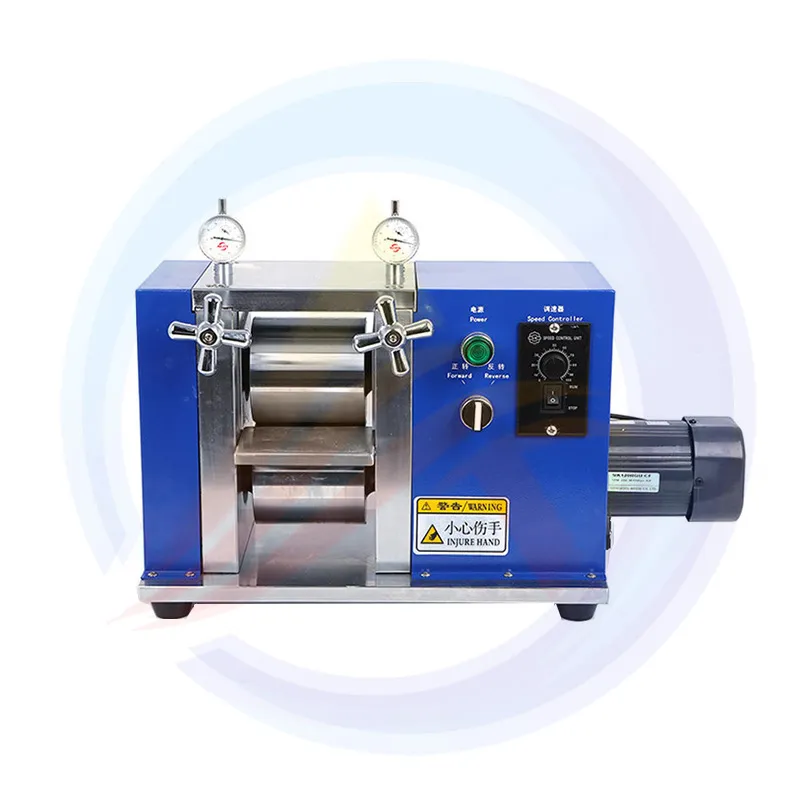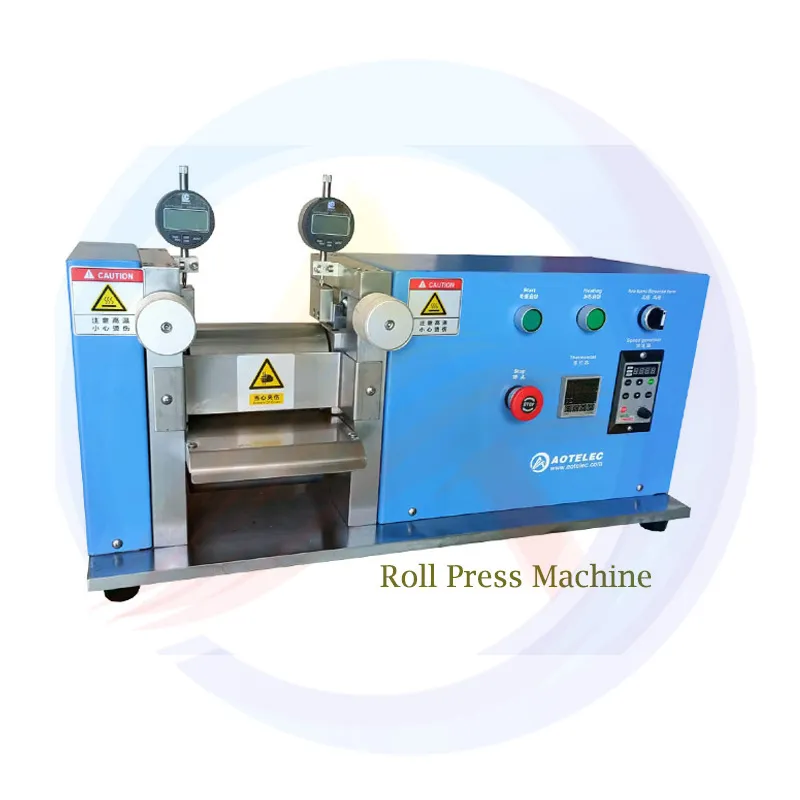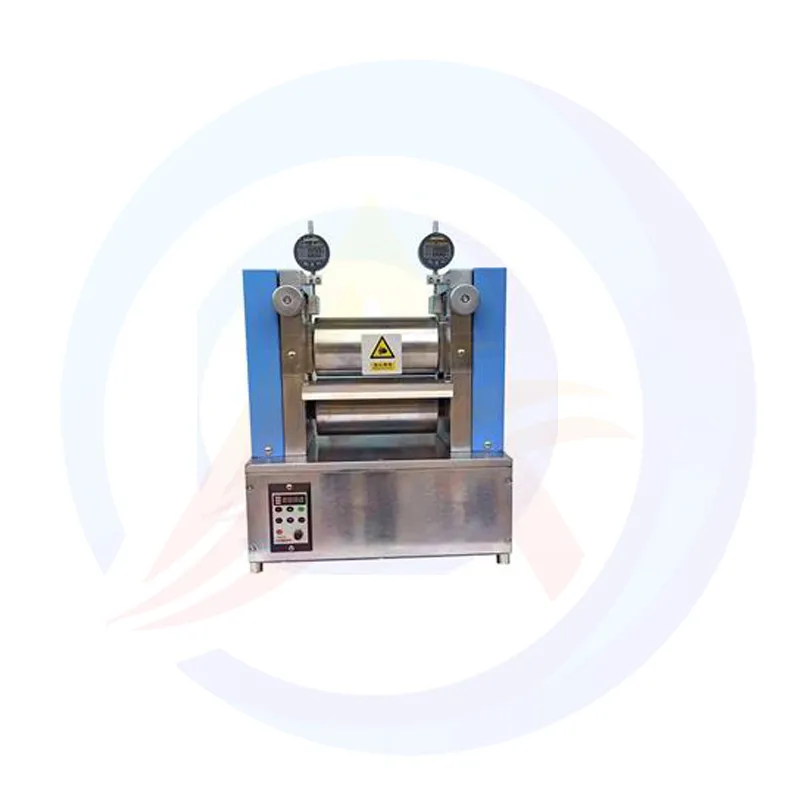In today's era of rapid development of science and technology, lithium batteries, as an efficient and clean energy storage solution, are widely used in many fields, from portable electronic devices such as smartphones and laptops to large-scale energy application scenarios such as electric vehicles and energy storage power stations. The performance and quality of lithium batteries are largely determined by the materials and equipment used in their manufacturing process. Among them, the electric roller press machine plays a crucial role as a key equipment for the production of lithium battery electrode sheets.
1, the preparation process of lithium battery electrode sheet and the importance of roller
Lithium battery electrode sheet is mainly composed of active material, conductive agent, binder, etc. The preparation process includes batching, mixing, coating, drying, roll pressing and other links. Among them, the roller pressing process is to use a lithium battery to compact the electrode sheet after being coated and dried
First of all, a suitable roll can increase the compaction density of the electrode sheet, thereby increasing the energy density of the battery. In a limited battery volume, the higher compaction density means that more active substances can be accommodated, thereby increasing the capacity and battery life.
Secondly, electric roller press machine compression can improve the electron conductivity of the electrode sheet. Through the compaction of the roller, the contact between the active substance, the conductive agent and the binder in the electrode sheet can be closer, the resistance of electron transmission can be reduced, and the charging and discharging efficiency of the battery can be improved. Today, with the increasing attention paid to fast charging technology, good electronic conductivity can shorten the charging time and bring users a more convenient experience.
In addition, electric roller press machine operation of the roller helps to enhance the mechanical strength of the electrode sheet. In the production, assembly and use of lithium batteries, the electrode needs to withstand a certain mechanical stress. The electrode sheet after rolling has better tensile and bending resistance, which can effectively prevent the fracture and damage of the electrode sheet in the process of processing and use, and ensure the safety and stability of the battery.
2, the working principle of lithium battery roller press machine
The lithium battery roller machine is mainly composed of two relatively rotating rolls, transmission system, pressure regulation system, roll gap regulation system and control system. The working principle is that the coated electrode sheet is placed between two rolls, and the roll is driven by the drive system to rotate, and under the pressure exerted by the pressure regulating system, the electrode sheet is gradually compacted and passes through the roll gap, so as to achieve the set thickness and density requirements.
In the rolling process, the pressure regulation system is one of the key components. It can precisely control the amount of pressure applied by the roll to the electrode sheet, and flexibly adjust the pressure parameters according to different electrode materials, process requirements and production batch changes. For example, for some electrodes with large active material particles and high binder content, it may be necessary to increase the pressure appropriately to ensure the compaction effect; For some electrodes that require very high thickness accuracy, more fine-grained pressure control is needed to avoid thickness deviations caused by too much or too little pressure.
The roll gap adjustment system is responsible for setting and adjusting the gap between the two rolls. The size of the roll gap directly determines the final thickness of the electrode sheet. The roll gap can be controlled within a very small tolerance range by the high precision roll gap adjusting device to ensure the consistency and uniformity of electrode thickness. In the production process, with the continuous rolling of the electrode sheet, the roll may appear wear and other conditions, resulting in changes in the roll gap, at this time the roll gap adjustment system can be compensated and adjusted in time to ensure the continuity and stability of production.
The control system plays the role of the brain in the Electric roller Press Machine. It receives feedback signals from various sensors such as pressure sensor and thickness sensor, monitors the pressure, thickness and other parameters in the rolling process in real time, and precisely controls the drive system, pressure regulating system and roll gap regulating system according to the preset process parameters and control algorithms.
3, the technical characteristics and innovation of lithium battery roller machine
(1) High precision roll technology
The modern lithium battery roll machine has made a remarkable breakthrough in the rolling precision. Through the use of high-precision roll manufacturing processes, advanced roll gap adjustment mechanisms, and precision sensors and control systems, the thickness tolerance of the electrode sheet can be controlled within a very small range, usually up to ± a few microns or even smaller. This high-precision rolling technology is essential to improve the consistency and performance stability of lithium batteries.
(2) Constant pressure control technology
In order to ensure the uniformity of the compaction quality of the electrode sheet in the rolling process, the lithium battery generally adopts the constant pressure control technology for the roller. The technology can maintain constant pressure on the electrode during the whole rolling process, regardless of the thickness, hardness and other parameters of the electrode.
(3) Flexible roll technology
With the continuous development of lithium battery technology, the rolling demand for different types and different specifications of electrode sheets is increasingly diversified. Flexible rolling technology came into being, which allows the roller to quickly adjust the rolling process parameters within a certain range to adapt to different material systems, different thickness and width requirements of the electrode production.
4. Conclusion
The roller plays an indispensable role in the preparation process of the lithium battery electrode sheet, which has a profound impact on the thickness, density, electronic conductivity and mechanical strength of the electrode sheet through the precise rolling process, and then determines the overall performance and quality of the lithium battery.

